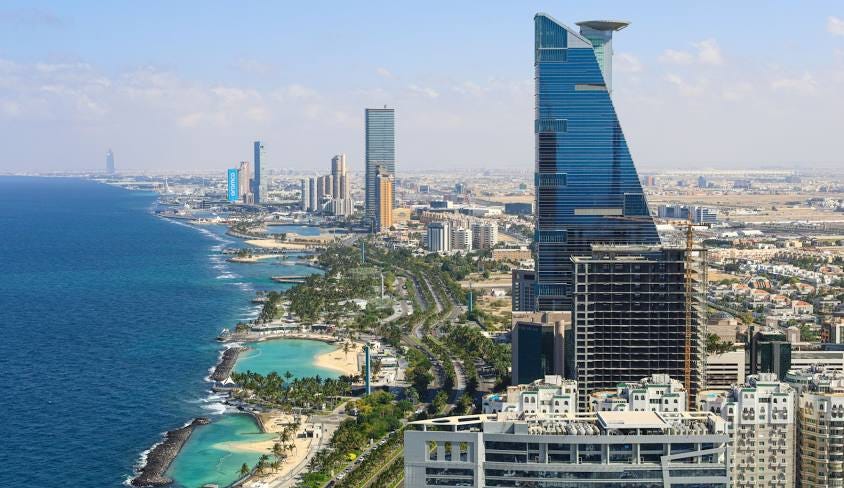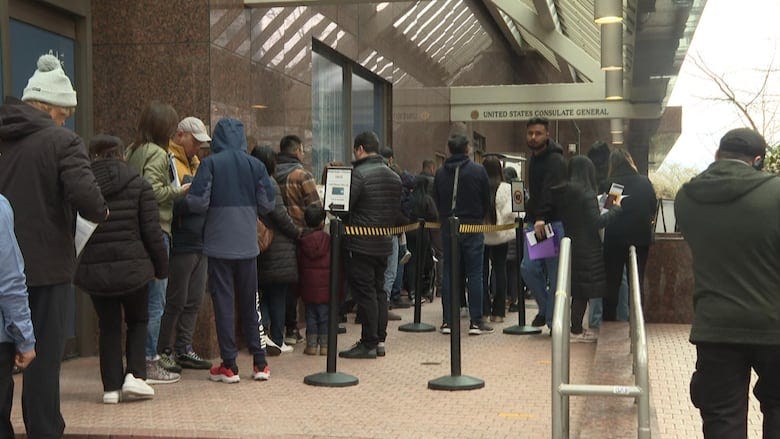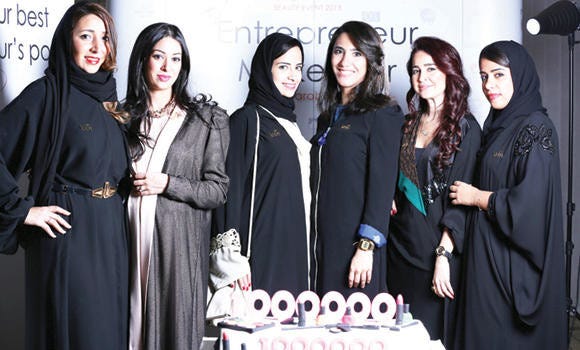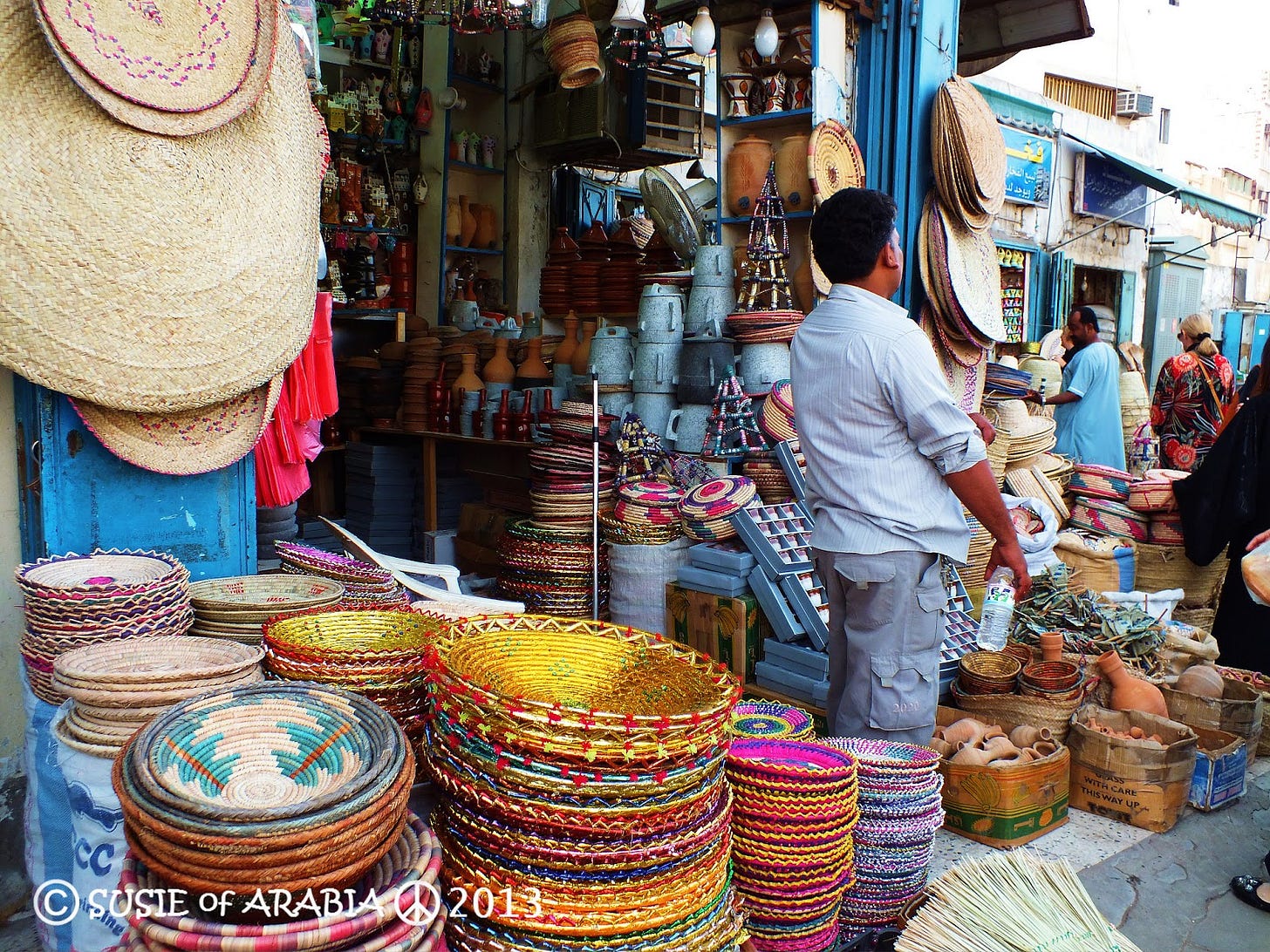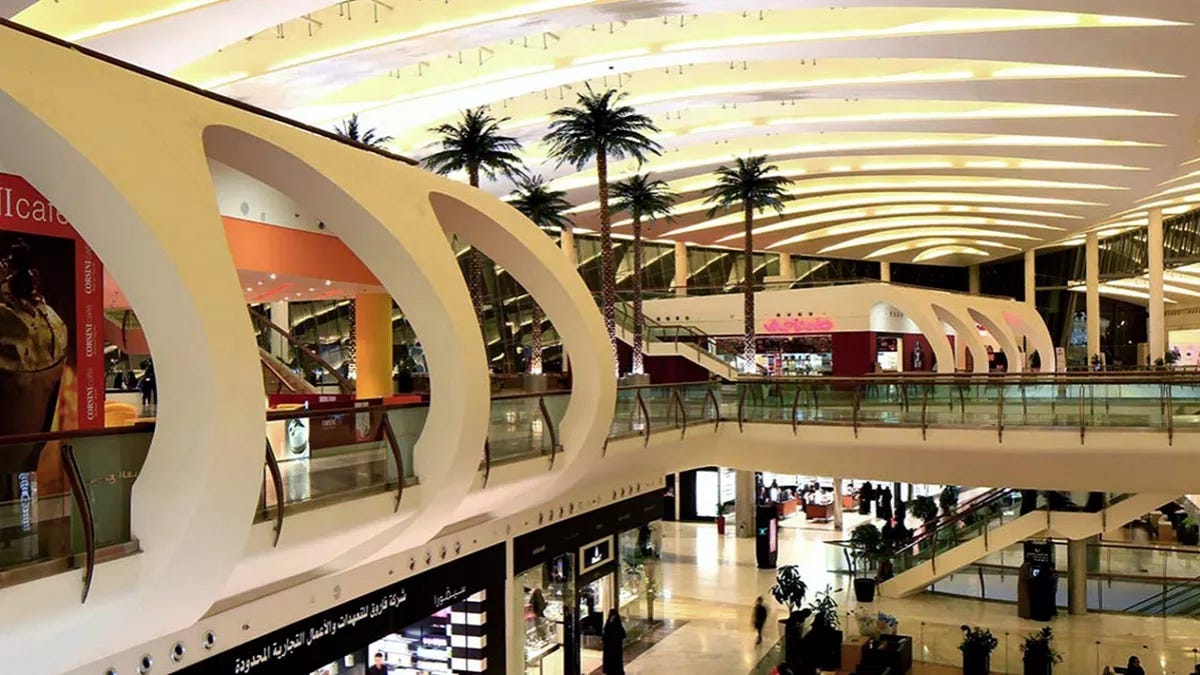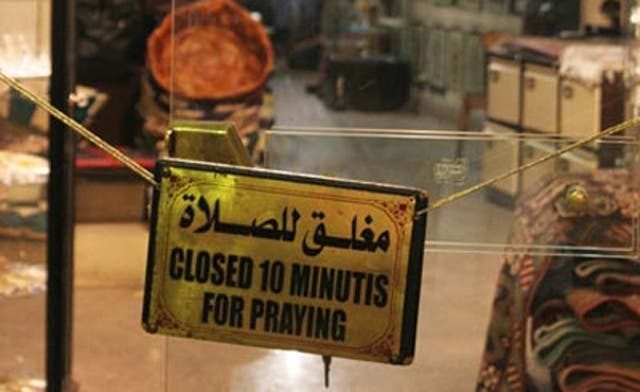THE GOOD, THE BAD, THE UGLY
MY VIEWS ON LEAVING JEDDAH & THE MAGIC KINGDOM
Modern Jeddah
This is a Slightly Altered Cable that Was Never Sent. (It might have offended the Saudis). As head of the Visa Section at the Jeddah Consulate, I had a rare opportunity to conduct research in cultural anthropology. Dealing with myriad déraciné 3rd World visa applicants (and would-be visa applicants), gave me the chance to see what one Saudi contact called the Good, the Bad, and the Ugly in the Kingdom. This being Saudi Arabia, the Good, the Bad, and the Ugly somehow all became intertwined.
The Good Thing about the Visa Section was that it gave me a first-hand, close-up look at the local economy and culture. Siting at the visa window daily, I asked applicants questions about salaries, job duties, responsibilities, and length of residence in Saudi Arabia. I quickly learned that there was a hierarchy of managers, that the country was trading down from expensive Europeans to cheaper South Asians and Orientals. Additionally, few of the bargain basement hires were making much money (although housing allowances and other expense allotments made for a comfortable living.) Often, a prospective visa applicant would refer to his “owner” instead of his employer. This happened often enough in a variety of visa seekers that I believed it to be the truth, rather than simply poor English. (To buttress this idea, the employer held the person’s passport and had to give permission for him to leave the country.)
Not Jeddah but typical visa line
Truth, it became apparent, was not a prized commodity in the Kingdom. It seemed easier to lie in the visa interview than to tell the truth, even though it made the chances of obtaining the prized stamp that much harder. I had to distinguish between lies that were material to the visa process and those that weren’t. Saudis, in particular, seemed unable to just say they wanted to go to America for a good time. They had to invent elaborate reasons for their trip to the United States. This happened often when an applicant woke up and decided he wanted to study in the U.S.—sans name of school or course of study.
Occasionally, a Saudi woman would come to me for a student visa extension or another tourist visa. Since they usually lived outside their home country more than they lived there, I always sought, without success, to learn exactly why as well as their views on life abroad versus life at home. Once, I asked such an applicant to come to my glassed-in office space to discuss the matter away from prying ears. And failed.
As the man with his hand on the visa machine, I found I had many friends—and many dinner invitations. This was not an unmixed blessing—I had to “sing for my supper”, i.e., listening to someone’s pitch for a relative or friend to visit America. However, it got me a peek at social life in Jedah. I went to several wedding parties (including a Bin Laden one) and “hung out” on the corniche, smoking sheesha (the local term for the oriental water pipe loaded with a mysterious blend of tobacco and an intoxicating “something else”). Saudis and other Arabs would come to my house, drink, smoke, and provide some background on what people there thought and did. I believe some of my most interesting insights on Saudi Arabia came from simply being available and willing to listen. This was the case on imports of cheese, medical supplies, and videos as well as “The New Model” Saudi woman.
Saudi women
New Model or Old Model? I had been told in Washington that I would never get within arm’s length of a Saudi woman, if I ever were to see one. Yet, not long after I arrived in the Grandmother of Cities (Eve, the grandmother of us all, is reputedly buried there). I got an invitation to a Halloween Party from an American expatriate. When I asked about who would be there, my host said some Saudi women, some Germans, some French.
Upon arrival, I heard the party before I saw it. A Filipino band was blasting out rock and roll tunes into the night. Inside, men and women were dancing together, an action that would get you flogged and deported anywhere else in the country. Moreover, there was homemade beer and wine available. My American host was there with his Saudi wife, a German fellow and his Saudi mate, and a Frenchman was there with his prospective spouse. I danced with several Saudi women who were drinking alcohol.
The Saudi female who owned the house was well-connected with the police, thus ensuring no trouble from the authorities. I visited her several times afterwards to answer her questions about the outside world, and had her to a dinner party at my house on the Consulate compound. During our discussions about America and life outside the Kingdom, she enjoined me, if her brother ever appeared, to say I was helping her with her English.
Sometime later, at a party I gave, I met with my American entertainer and asked about how he met his wife. He said that he had been working for Saudia, the country’s airline, and came across her through work. Continuing, he (and she) added that they met secretly, with the woman telling her parents she was going to the mosque to pray, rather than the problem-making truth.
Another Aspect of the “Good”. Was the social life (such as it was). While the State Department really ought to consider sending a monk or a married man to fill my position, being single had its advantages. I was always ready for a party and the local Turkish community usually had one going. Circulating at these, I learned more about the Saudi economy, and why Turks (and other nationalities) came to the Kingdom to work. American and other businessmen had me to dinner and, in the process, briefed me on the concerns facing expatriates there.
The “Bad”. In Saudi Arabia was often the contrast of the 3rd World society trying to operate in a 1st World environment.
Old Souk, Jeddah
Modern Jeddah Mall
I felt most comfortable in the old souk (market) downtown because everything there was “3rd World Picturesque”. However, driving from the souk back to the Consulate (or anywhere else) was a nightmare. It was the direct result of applying an attitude of “me and mine” against “you and yours” to high-speed modern roads and cars. Reason, common sense, and Arab courtesy simply didn’t apply. (Adding to the problem was the penchant for the local gentry to use the rear-view mirror in their cars to adjust the set of the gutras (headcloths), rather than use the device for its intended purpose. Shopping in a supermarket also generated culture shock. While breakfast cereal was readily available, just like in America, trying to get a stock clerk (generally South Asian) to tell you where it was, became an exercise in cross-cultural communication—and frustration. Prayer time, five times day, also made life difficult. With shops and everything else but traffic shut down for half an hour while the faithful were called to worship, not much got done. And, I quickly learned, not much could be done. Buying a quart of milk, in theory, could take two hours, depending on whether you decided to go home or stay in the shop at prayer time (provided you got to the shop before it closed for worship). In the store, you could continue selecting merchandise, but you were not permitted to check out.
The Ugly. Saudis I’d never met before in my life attacked my car, breaking the widows, hitting the vehicle with theirs, or pounding on the outside of it at a traffic light. I’d also been assaulted for taking a picture of the remnants of a 70-year-old train, a relic of the one-time Hejaz Railway that once ran from Damascus to Medina.
While I’d like to think that it was my unattractive face or the provocative green Consular Corps license plate that so enraged the Saudis, the thread common to all incidents seems to have been that each time I had questioned a Saudi doing as he pleased—without regard to law or the consequences of his act.
My unfortunate experiences with host country nationals were not unique. I knew of people pulled from their cars at a traffic light or who had their vehicle repeatedly rammed from behind by a Saudi because the car kept him from doing as he pleased—making a right turn on red.
This is the attitude that carries over into the rest of the culture that so enrages expatriates. They’re no allowed to drink alcohol but they know Saudis who import and sell it. They’re not allowed to be seen with a woman not their wife but they know of Saudis with a string of mistresses.
COMMENT: Looking back over this draft from a distance of 35 years, the forgoing might seem harsh and undiplomatic. However, it was the way I felt at the time, based on my prior experiences in Germany and India. In a way, it is (or was) a criticism of the State Department. Before, sending diplomats onto a new assignment in a different part of the world, State provides an “Area Studies” course with a basic overview of customs, culture, and lifestyle in the new position. But they are never in depth, consisting more of a series of anecdotes rather than real analysis. These are supplemented by “Post Reports” providing a rundown on the peculiar difficulties that might exist, such as being unable to bring as yellow car to the country because yellow was a color reserved for taxicabs in Saudi Arabia. These Reports also have failings. Yellow cabs in the Kingdom have air conditioning and meters while white taxis have neither!
As I’ve learned, Saudis do make connections with foreigners and the legendary Arab hospitality still comes through.
Recently, I had a visit from a Saudi law student to whom had once rented a room. After a good 10 years, he took me to lunch and we discussed his meteoric rise in a variety of successively more responsible positions gained through hard work and extensive education. We had a delightful full and frank talk about changes in his country as well as some more unchanging situations.
I believe that many of the aggravations noted earlier, though harsh, came from culture shock, lack of preparation, and no appropriate guidance in Jeddah. Additionally, I would note that many of my harsh words stemmed from lack of personal contact. With certain Saudis, such as the former tenant, I had had the opportunity of daily contact with someone whom I came to know well. And this contact still remained after so many years had passed and with great changes in our lives and lifestyles.
That said, I would enjoy the opportunity of returning to the country and getting another feel for the way things are. And what might have changed. Certainly, it would give me the opportunity to see how I myself might have changed.
J. Michael Springmann is an attorney, author, political commentator, and former diplomat, with postings to Germany, India, and Saudi Arabia. He previously authored, Visas for Al Qaeda: CIA Handouts That Rocked the World: An Insider’s View, recounting how the U.S. created and used Islamic Terrorism. Additionally, he penned Goodbye, Europe? Hello, Chaos? Merkel’s Migrant Bomb, an analysis of the alien wave sweeping the Continent. He currently practices law in the Washington D.C. Area. Internationally recognized as a knowledgeable pundit, he is a frequent commentator on Arab, Iranian, and Russian news programs.
Blacklisted by the US news media, he is also on the Ukraine’s “Enemies List”, having questioned, inter alia, that country’s refusal to honor the Minsk Accords and for stating that its government is Nazified.

